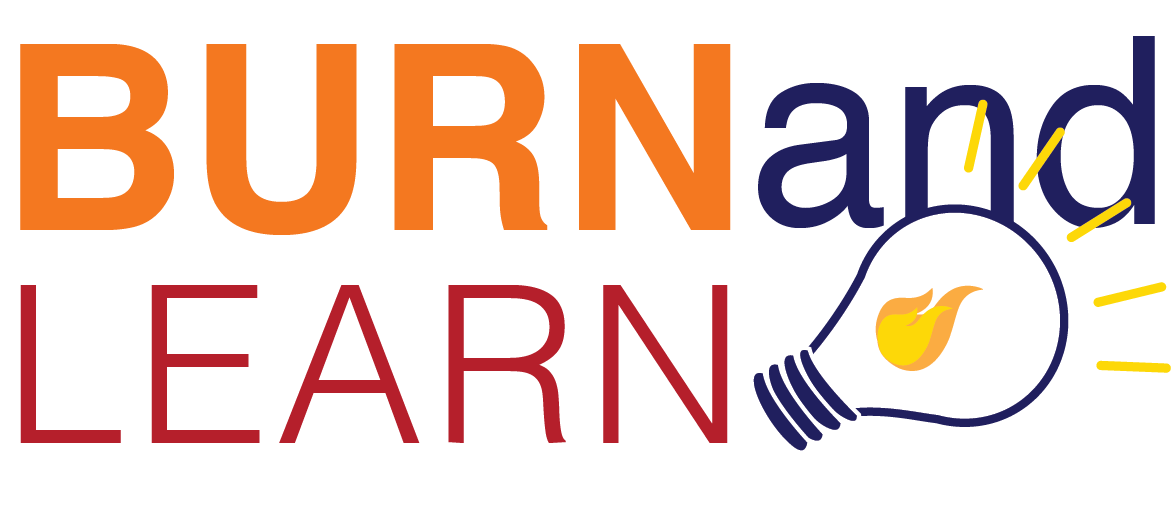By Kitty Finklea (Column for The Morning News)
Do you ever wonder whether you are addicted to sugar? The past few years have shown a rise in the numbers of articles and research into the question of sugar or simple carbohydrate “addiction.” In fact research does suggest sugar may act on the reward centers of the brain producing changes in the brain that resemble addiction.
What we don’t know is whether this is true for everyone or just those of us who are more genetically prone. Despite the inconclusiveness of this research, you may think you have an “unhealthy” relationship with sugar … meaning you eat more than is healthy for your physical and mental health.
And just how much sugar is OK to consume? The American Heart Association recommendation for healthy consumption of sugar is no more than 6 teaspoons (or 30 grams) a day for women and no more than 9 teaspoons (or 45 grams) per day for men.
To help determine whether you may want to consider cutting back or eliminating sugar, ask yourself the following questions. Do you frequently experience…
Cravings for sweet treats?
Losing control and eating more sugary foods than intended?
Sugar “highs” followed by “crashes” or dips in blood sugar affecting mood or energy level?
If you are concerned about your sugar consumption and are particularly prone to “relapsing” to increased amounts, experts suggest trying to eliminate it altogether for three weeks to see if the cravings fade and the taste buds begin “retraining” to enjoy foods without the super sweet taste.
Other suggestions:
Determine when the cravings hit and figure out what may be promoting them – Boredom? Stress? Negative moods or emotions?
Determine whether physical hunger is a factor and keep healthy snack alternatives on hand, including nuts, fruits, peanut butter, cheese, and low-sugar yogurt.
Switch out sugar for fresh fruit with edible skins and seeds (more fiber) such as berries, apples, pears, etc.
If eating something sweet, make it a small treat at the end of a meal and not on an empty stomach.
Read labels to increase awareness of hidden sugar content in cereals, sauces, condiments, and even flavored coffees. Four grams of sugar is equal to 1 tsp. of sugar.
Watch out for sugar by other names in ingredient lists such as evaporated cane juice, agave nectar, brown rice sugar, high fructose corn syrup, and more.
Avoid artificial sweeteners that may tend to make you hungrier and prevent retraining your taste buds.
Use exercise as a healthy distraction (when the issue is something other than physical hunger) and as a means to repair the part of the brain affected by food addiction.
Focus on the long-term rewards of lowering or eliminating sugar consumption such as better fitting clothes, improved mood and a stronger and healthier you.
Read the story at SCNOW.com!

